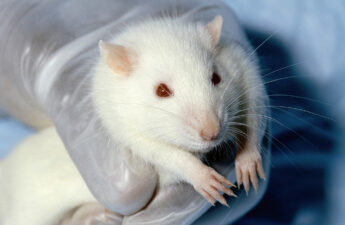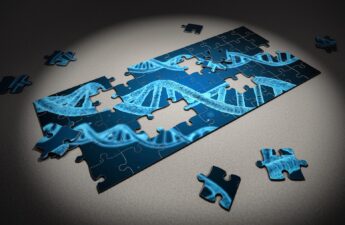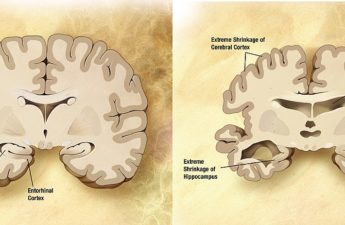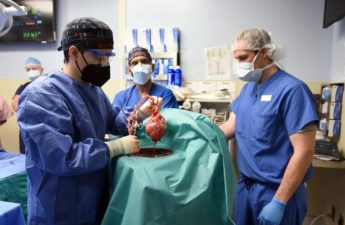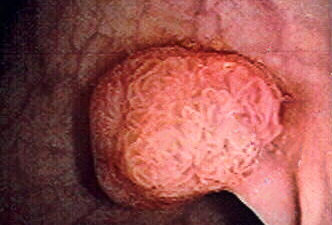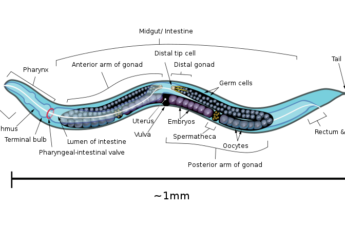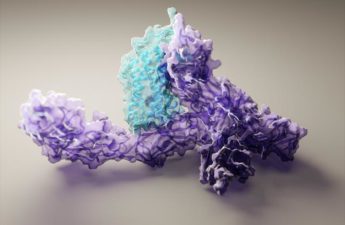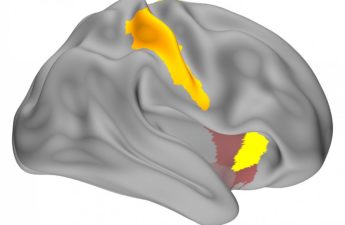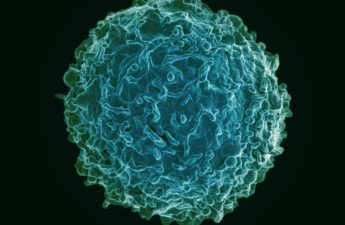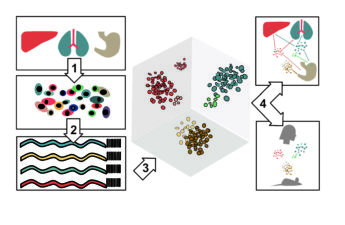Category: Research
The fungus zombies in ‘The Last of Us’ are fictional, but real fungi can infect people, and they’re becoming more resistant
Many of the people watching The Last of Us are likely there for the zombies. I love the zombies too, but I’m really there for the fungus.
Experts Debate the Risks of Made-to-Order DNA
By one expert’s estimate, perhaps 30,000 scientists worldwide have the skills to build a strain of pandemic influenza, provided they can find someone to synthesize the DNA for them. The consequences of unleashing such a pathogen could be catastrophic.
What is ethical animal research? A scientist and veterinarian explain
Federal research agencies follow guiding principles in evaluating the use and care of animals in research.These principles are summarized by the “3 R’s” of animal research: reduction, refinement and replacement. The 3 R’s encourage scientists to develop new techniques that allow them to replace animals with appropriate alternatives.
NIH initiative to systematically investigate and establish function of every human gene
Creating a catalog of what all human genes do is no easy feat. Most genes are likely to have more than one function and behave differently depending on the type of cell in which they are expressed. In addition, genes may turn on or off depending on the cell’s relationship to surrounding cells, environment and age.
What allegations of Alzheimer’s research fraud mean for patients
It might be a stretch to say all Alzheimer’s research is now compromised. But the allegations can prompt us to ask whether the governing bodies of research and drug approvals are truly effective.
Scientists set out to map the world’s genomic diversity
“The goal is to collect, organize and make accessible a representation of all the genetic variation that exist in humans, big, small, common and rare,” said Evan Eichler, a professor of genome sciences at the University of Washington School of Medicine in Seattle and one of the organizers of the project.
The journey to a pig-heart transplant began 60 years ago
On Friday, January 7 2022, David Bennett became the world’s first person to successfully receive a transplant of a pig’s heart. The eight-hour-long operation by surgeons at the University of Maryland Medical Center in Baltimore, USA, was no doubt arduous. But it was a short final step in a 60-year-long journey to genetically alter the pig’s heart so that it would not be immediately rejected – a journey that began with a plane crash in Oxford in the summer of 1940.
Gut bacteria might be an indicator of colon cancer risk, UW researchers find
A common bacteria was elevated in the mucosal biopsies of patients with polyps.
Retina ‘hardwired’ to predict path of moving objects – UW scientists find
Finding helps explain how baseball players can connect with a 100-mph fastball and how the rest of us manage everyday tasks.
The Wild Frontier of Model Organism Research
Powerful genetic tools have become cheap and agile enough for biologists to create new strains of model organisms
UW researchers make AI protein-structure prediction software available to all
With the software, researchers can solve problems that used to take years to work out.
Study shows how taking short breaks may help our brains learn new skills
NIH scientists discover that the resting brain repeatedly replays compressed memories of what was just practiced.
HIV/AIDS vaccine: Why don’t we have one after 37 years, when we have several for COVID-19 after a few months?
The difficulty lies in HI itself. In particular, its remarkable strain diversity and the immune evasion strategies.
New research suggests immunity to COVID is better than we first thought
Key parts of the immune system can remember the coronavirus SARS-CoV-2, the virus that causes COVID-19, for at least eight or nine months, possibly for years.
UW researchers create molecular atlases that reveal how cells develop and grow
The gene expression and chromatin accessibility atlases will accelerate the study of the genomics of normal and abnormal development.


